Recent airstrikes on camps for internally displaced persons and refugees in Tigray, northern Ethiopia, have reportedly killed scores of civilians, including children, and left many more injured.
Recent airstrikes on camps for internally displaced persons and refugees in Tigray, northern Ethiopia, have reportedly killed scores of civilians, including children, and left many more injured.
The Secretary-General, António Guterres, said on Monday he was deeply saddened by reports that more than 50 civilians were killed and injured in an airstrike in northern Ethiopia, last Friday.
Although everyone has been deeply affected by the COVID-19 pandemic, the impact on young people has been “especially heartbreaking”, UN Secretary-General António Guterres said on Monday.
UN Public Information Officer Brenden Varma recently returned from a six-month stint in Iraq, where he helped to promote participation in national elections. His experience opened his eyes to the complexities of life in the country.
Hopes that the tourism industry would rebound from the devastating effects of the COVID-19 pandemic have been dented by the wildfire spread of the Omicron variant. In an exclusive interview with UN News, Zoritsa Urosevic, Executive Director of the UN World Tourism Organization (UNWTO), called for new ideas to restart the sector.
|
|
|
|
|
|
The Ethiopian Government on Friday freed several high-profile political detainees, a move UN Secretary-General António Guterres hailed as a “significant confidence-building step”.
동북아시아: 이 지역은 전 세계 인구의 5분의 1을 차지하고 있으며, 세계 국내 총생산의 4분의 1을 담당하고 있습니다. 여전히 역사 문제와 영토 분쟁으로 긴장 상태에 있는 지역으로, 정무평화구축국(Department of Political and Peacebuilding Affairs)은 분쟁이 평화적으로 해결되어야 하는 점을 강조하고 동북아시아 국가들 사이의 협력 강화를 지지합니다.
한반도: 한반도 문제는 유엔에서 가장 오랫동안 다룬 문제 중 하나입니다. 유엔 안전보장이사회(안보리)는 1993년 조선민주주의 인민공화국(북한)이 핵무기비확산조약을 철회하지 말 것을 강조하며, 북핵 문제 관련 첫 결의안을 채택했습니다. 정무평화구축국의 목표는 지속 가능한 평화와 검증 가능한 비핵화를 위한 당사국들의 신뢰 구축, 긴장 완화, 대화 지원 등의 도움을 확대해 한반도의 문제를 평화적으로 해결할 수 있도록 기여하는 것입니다.
정무평화구축국 활동: 본 국은 유엔 사무총장의 분쟁예방 활동을 지원하는 중심 부서입니다. 또한, “청소년, 평화 및 안전”(Youth, Peace and Security)과 “여성과 평화 안보”(Women, Peace and Security) 의제들을 발전시키기 위해 유엔 여성기구(UN Women) 및 여러 단체들과 함께 협력하고 있습니다. 뉴욕 유엔본부에 위치한 정무평화구축국의 아시아태평양부(Asia and the Pacific Division)는 북경 연락담당처(Liaison Presence in Beijing) 및 상하이 협력 기구(Shanghai Cooperation Organisation)와 함께 외교 노력을 지원하고 있습니다. 그 외에 다른 단체들과 파트너십을 지속하며 국제정세 분석 및 유엔 사무총장의 예방외교(preventive diplomacy) 노력을 지원하고 있습니다.
동북아시아 협력지원 프로그램(DPPA Programme to Support Cooperation)을 통해: (i) 동북아시아 지역 대표들의 유엔 및 관련 회의 참석 지원; (ii) 유엔 및 정무평화구축국의 파트너쉽과 협력을 지원; (iii) 동북아시아 관련 유엔 활동들을 추진; (iv) 유엔 활동의 일관성에 기여하고 있습니다. 정무평화구축국의 안전보장이사회부(Security Council Affairs Division)는 안보리 및 보조기관들의 원활한 활동을 지원하고 있습니다.
유엔 사무총장의 예방 관련 비전에 따르면 유엔의 목표는 취약한 인구들을 위해 변화를 만드는데 도움을 주는 것 입니다. 다자주의의 중심에 있는 유엔은 이사국들을 소집하고 동원할 수 있는 힘을 가지고 있으며, 여려 정부, 지역단체, 국제금융기구 및 시민사회, 학계 또는 민간부분들과의 의미있고 중요한 협력을 강화 시켜나가는데 가장 큰 기여와 영향력을 행사 합니다.
이 목표에 성취하기 위하여 정무평화구축국은 정부 및 지역단체, 다른 독립체들과 주기적인 접촉을 통해 정보공유와 협력 관련 파트너쉽을 추구 하고 있습니다:
 |
 |
 |
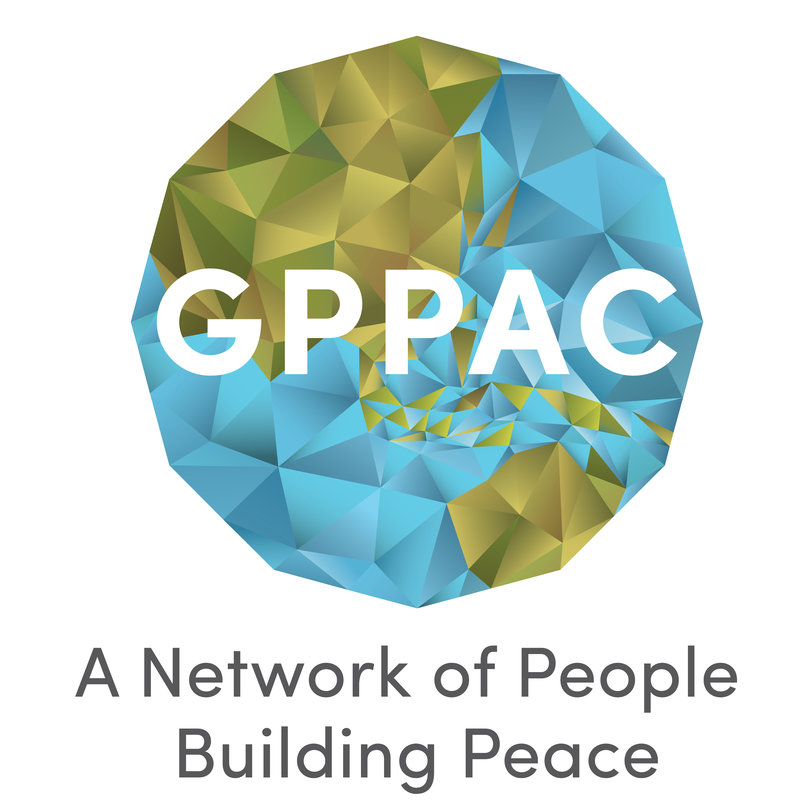 |
 |
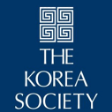 |
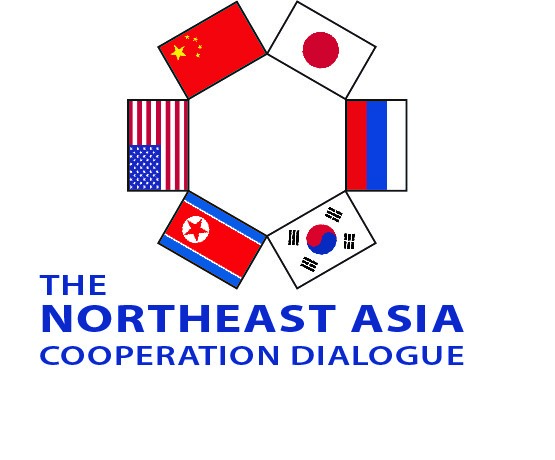 |
 |
 |
 |
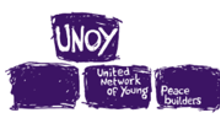 |
동북아시아 청소년들과의 온라인 대화 시리즈(정무평화구축국-유네스코 공동회의), 2021년 7월-10월
“청소년, 평화 및 안보” (Youth, Peace and Security) 의제를 다루는 유엔 안전보장이사회 결의안 2250 (2015), 2419 (2018), 2535 (2020)에 기반해 정무평화구축국 아시아태평양부는 유네스코, 사회변화기업 Shared Studio와 "동북아시아의 미래포럼"을 진행하였습니다. 청소년들에게는 자신들의 사회가 평화로울수 있게 돕는 능력의 잠재력이 있기에, 다양한 배경에서 생활하는 청소년들을 모아 자신들이 추구하는 평화로운 미래사회는 어떤 형태인지 대화를 나눌수 있는 기회를 제공함으로써 안전한 미래 및 신뢰, 협력 구축을 향해 긍정적인 영향을 주고자 하였습니다. 2021년 7월부터 10월까지 진행된 대화 시리즈를 통해 중국, 일본, 한국 및 몽골리아에서 총 45명의 청소년들이 참석해 동북아시아 지역에 대한 자신들의 현재 편견들과 평화로운 미래를 그리는 대화를 나누었습니다. 이 회의를 계기로 회원국들에게 청소년들의 유엔 관련 지식을 알리고 청소년 관련 미래 정책제안에 청소년들을 포함시킬 기회 역시 만들 수 있었습니다.
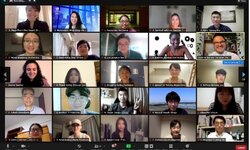

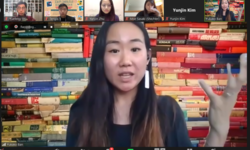

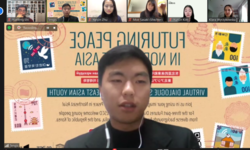
회의의 하이라이트는 정무평화구축국 매거진 Politically Speaking을 통해 공유 되었습니다.
더 많은 정보:
https://futuringpeace.org/NEA/
https://en.unesco.org/futuresliteracy
https://twitter.com/UNDPPA/status/1420411383406112771
https://dppa.medium.com/creating-a-collective-language-youth-from-northeast-asia-imagine-the-future-of-the-region-97e411135a7d
유엔 정무평화구축국과 군축실(Office of Disarmament Affairs)이 공동개최한 동북아시아 청소년 리더와 함께 하는 온라인 교육 시리즈, 2020년 4월 - 12월
유엔 안전보장이사회 결의안 2250 (2015), 2419 (2018) 및 2535 (2020)은 “청소년, 평화 및 안전” (Youth, Peace and Security) 의제 관련해 청소년들이 평화와 안보 협상에 의미있는 참여를 할 수 있게 유엔이 체제적인 도움을 제공하는 바탕이 됩니다. 한국의 주도로 2019년 10월 21일에 채택 된 총회 결의안 74/64 (“청소년, 군축과 비확산”)은 중국, 일본, 몽골리아 를 포함한 84 개의 회원국들이 지지하였고, 이 계기로 청소년들이 다자정책 및 신뢰구축 관련 활동에 더 적극적으로 참여 할 수 있었습니다.
2020년엔 정무평화구축국과 군축실이 동북아시아의 청소년 리더들을 집합해 군축 및 핵확산금지 주제로 대화를 할 수 있는 본 프로젝트를 함께 시작하였습니다. 2020년 4월부터는 한국, 일본, 중국 및 몽골리아의 대표 청소년 8명과 함께 군축, 핵확산금지, 성평등, 신기술 및 시민사회 활동에 대해 교육을 제공하였으며, 유엔 관계자, 독립전문가, 학계 및 시민사회 대표들과 마련된 온라인대화를 통해 참가자 들에 군축 및 핵확산금지에 대해서 배워가는 기회를 제공 하였습니다.
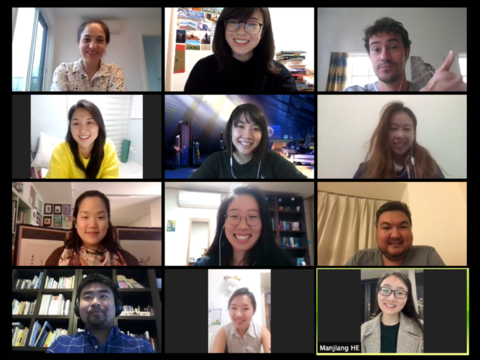
이 프로젝트를 통해 12월 2일에 최초로 개최 된 한-유엔 군축·비확산 회의에서는 청소년들이 고위급 정책입안자들과 대화를 나눌 수 있는 기회도 있었습니다. 프로젝트의 참가자 중 한명은 특별청소년세션에 참석해 발언을 하였고, 정무평화구축국국 매거진 Politically Speaking과 군축실 팟캐스트 Disarmament Today에 경험을 나눌수 있었습니다.

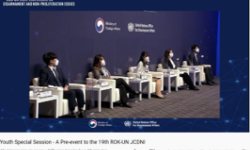
동북아시아 청소년 관련 정책서와 관점에 대해 더 알아보기 원하시면 아래 링크를 확인하여 주세요.
알림: 본 정책서는 지역 프로젝트의 과정에서 만들어진 저자의 개인 소견을 반영한 글이며, 유엔 및 이사국들의 공식적인 입장은 아닙니다.
2019년 12월 10일, 중국 북경
정무평화구축국은 유엔 여성기구(UN Women)와 스톡홀름국제평화연구소(SIPRI)와 함께 지역 전문가들을 초청해 여성, 평화 안보 의제 관련 동북아시아의 역활을 논하였습니다. 2019년 12월 10일에 개최 된 본 회의에서 중국, 일본, 한국, 및 몽골리아에서 총 30명의 참가자들은 동북아시아 내 여성, 평화 안보 의제가 어떻게 시행되고 있는지에 대해 대화를 나누었습니다. 스톡홀름국제평화연구소는 여성, 평화 안보를 위해 이바지하는 한국과 일본의 선두적인 역활을 연구 한 보고서를 발표 하였고, 본 회의를 통하여 지역 전문가들이 서로의 경험 및 배울 점을 공유할 수 있었고, 동북아시아 여성 네트워크가 더 강화되는 계기가 되었습니다.
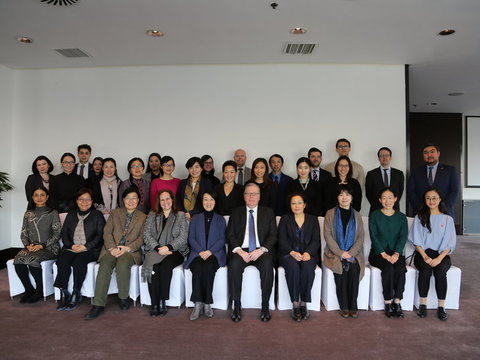
여성, 평화 안보: 동북아시아의 목소리 (2021년 3월)
2019년 9월 28일, 미국 뉴욕
2019년 한반도 국제평화포럼에 다시 인사드리게 되어 기쁩니다. 작년에 한반도는 중대한 발전을 경험하였습니다. 우리는 정상회담 외 이산 가족 상봉을 목격했습니다. 그리고 많은 약속들이 있었습니다. 현재 국제 사회는 한반도 관련 대화가 재개되길 바라고 있습니다. 유엔은 남북간 협력 및 평화 메시지 전달의 연결고리가 되었고, 그 점을 기쁘게 생각합니다. 지난 일년간 판문점 선언은 유엔 총회 및 안전보장이사회의 공식 문서로 배포되었고, 남북의 공동 신청을 통하여 씨름이 세계무형유산에 등록 되었으며, 태권도를 통하여 유엔 제네바 사무국에서 평화를 촉진시키는 기회가 있었습니다. 이러한 상징적인 단계는 중요합니다. 그리고 여기서 멈춰서는 안 됩니다. 유엔 사무총장은 계속해서 6월에 미국과 북한의 약속에 따라 실무 회담을 빠른 시일에 시작하고, 남북 대화를 재개할 것을 지지하고 있습니다. 남북 및 미국 정상회담은 중요한 단계로 남아있습니다. 안전보장이사회 결의안들을 통하여 증명 가능하고 돌이킬 수 없는 비핵화 및 한반도의 지속가능한 평화를 위해 분위기는 만들어졌습니다. 어려움이 있을 수는 있지만, 핵심 문제에 대해 명백한 성과를 이룰 수 있게 기반이 준비 되어 있습니다. 유엔과 사무총장의 중재사무소 (Good Offices)는 분쟁 당사자들의 외교적인 노력을 도울 준비가 되어있습니다. 앞으로 있을 논의에 훌륭한 성과가 있길 바라고 포럼의 결과를 기대하겠습니다. 감사합니다.
2019년 6월 3- 4일, 몽골 울란바토르
청소년들이 평화 협상 등 평화 및 안보 문제에 포함되어야 한다는 것은 의문의 여지가 없습니다. 2019년 6월 3-4일, 정무평화구축국은 몽골리아 외교부 및 몽골리아 유엔사무소 관계자들, 유엔 개발 계획 (United Nations Development Programme)과 청년 평화 구축자 연합 네트워크 (United Network of Young Peacebuilders)와 함께 공동 워크숍을 진행하였습니다. 동북아시아 청소년 참가자들은 워크숍에 참석해 “청소년, 평화 및 안전” 의제에 대해 대화를 나누었습니다.
유엔 청소년 자문 패널 전 담당자의 경험을 여기에서 확인하세요. 이 워크숍은 2020년 3월 1일에 발행된 “청소년, 평화 및 안전” 의 첫 사무총장 보고서에 언급되었습니다.
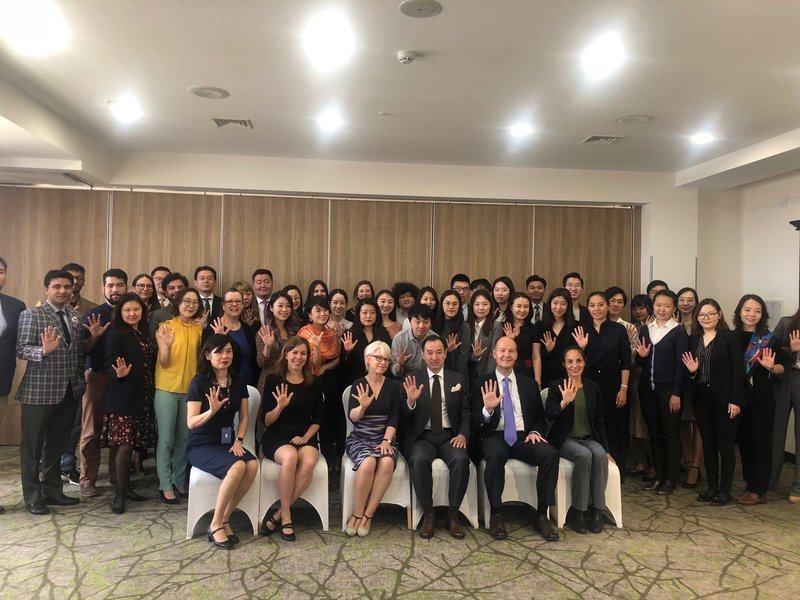
The UN is urging authorities in Lebanon to conduct a quick and thorough investigation into an attack earlier this week against peacekeepers maintaining security and stability in the south of the country.
“Refugees are not and should never be a target”, UN High Commissioner for Refugees Filippo Grandi said on Thursday, following reports of a deadly airstrike on the Mai Aini refugee camp in Tigray, northern Ethiopia.
Syria’s declaration of its chemical weapons programme cannot be considered accurate due to gaps, inconsistencies and discrepancies, the High Representative for Disarmament Affairs told the Security Council on Wednesday.
Authorities in Myanmar are being urged to conduct a full investigation into the killing of a journalist last month, reportedly during an army attack in the southeast, the UN’s educational and cultural agency, UNESCO, said on Wednesday.
Warring parties should never attack children or the services they rely on, a senior official with the UN children’s agency, UNICEF, said on Tuesday, following recent violence and disruption in Syria.
The Special Representative of the Secretary-General for Sudan, Volker Perthes, expressed on Monday his regret over Prime Minister Abdalla Hamdok’s decision to step down.
The United Nations’ Secretary-General condemned on Monday the continued violence targeting protestors in Sudan, following the 25 October military takeover.
Reported killings and injuries during peaceful demonstrations in Sudan is a cause for deep concern, said the UN human rights office on Friday (OHCHR).
This report looks back at our efforts in 2021 to advance political solutions and assist peace processes, mediation, and elections throughout the world. Much of this work would have been impossible without the strong financial support of our partners through the Multi-Year Appeal (MYA). Once more, the MYA has shown its distinctive value through projects and initiatives that respond quickly to the risk of violent conflict.
Conflict, health crises and the climate emergency may have dominated headlines this year but, behind the scenes, countless unsung heroes were working tirelessly to put the values of the UN into action. Here are some of the inspiring personal stories we featured on our UN News pages during 2021.
Armed conflict, inter-communal violence and insecurity continued to take a devastating toll on thousands of children throughout 2021, the UN Children’s Fund (UNICEF), warned on Friday.
Armed conflict, inter-communal violence and insecurity continued to take a devastating toll on thousands of children throughout 2021, the UN Children’s Fund (UNICEF), warned on Friday.
Read here the latest UNSOM Quarterly Newsletter.
The Special Envoy of the Secretary-General for Yemen, Hans Grundberg, said on Tuesday that a recent military escalation in the country is “among the worst” in years and increasingly putting civilians in crosshairs.
Long-running conflicts continued in Syria and Yemen this year, whilst fresh unrest caused serious instability in Myanmar, Afghanistan, Ethiopia and Sudan. United Nations "Blue Helmet" peacekeepers suffered losses and injuries, particularly those serving in the peacekeeping missions in Mali and the Central African Republic (CAR). Nevertheless, the UN reaffirmed its commitment to protect those caught up in the fighting.
UN peacekeepers in the Central African Republic (CAR) have ousted scores of militants from the embattled town of Boyo, in the south of the country.
The UN Special Envoy on Myanmar has appealed for a New Year’s ceasefire following weeks of escalating violence in the country.
Authorities in Myanmar must investigate a recent deadly attack against civilians in Kayah state, the UN humanitarian affairs chief Martin Griffiths said in a statement on Sunday.
New York, 27 December 2021
COVID-19 demonstrated how quickly an infectious disease can sweep across the world, push health systems to the brink, and upend daily life for all of humanity.
It also revealed our failure to learn the lessons of recent health emergencies like SARS, avian influenza, Zika, Ebola and others.
And it reminded us that the...
Somalia has been riven by decades of conflict and extreme weather events but, says Adam Abdelmoula, the UN Resident and Humanitarian Coordinator in the country, there are signs of progress amidst a host of ongoing challenges.
In the wake of recent developments in northern Ethiopia, UN Secretary-General António Guterres on Saturday urged warring sides to seize the opportunity to bring an end to more than a year of fighting in the Tigray region.
|
|
|
During a visit to help implement intra-Libyan political, security and economic dialogues and support recently postponed presidential and parliamentary elections, the UN envoy to the country issued a statement on Thursday, detailing her work over the last 10 days.
Authorities in Sudan must protect boys and girls from violence, a senior official with the UN Children’s Fund (UNICEF) said on Thursday, following recent deadly inter-communal clashes in West Darfur and protests in the capital, Khartoum.
The Security Council on Wednesday unanimously adopted a resolution clearing the way for aid to reach Afghans in desperate need of basic support, while preventing funds from falling into the hands of the Taliban, a move welcomed by the UN Emergency Relief Coordinator as a “milestone” decision that will save lives.
The UN Support Mission in Libya (UNSMIL) on Tuesday expressed concern over the unfolding security situation in the capital, Tripoli, where forces affiliated with different armed groups have been deploying.
The deteriorating security situation in the occupied West Bank, including East Jerusalem, took centre stage at the Security Council on Tuesday as the UN Special Coordinator for the peace process in the region, expressed his “continued concern” over recent developments.
In Sudan, reports of serious sexual violence and the use of live ammunition against protesters at the weekend must be investigated immediately, the UN rights office, OHCHR, said on Tuesday.